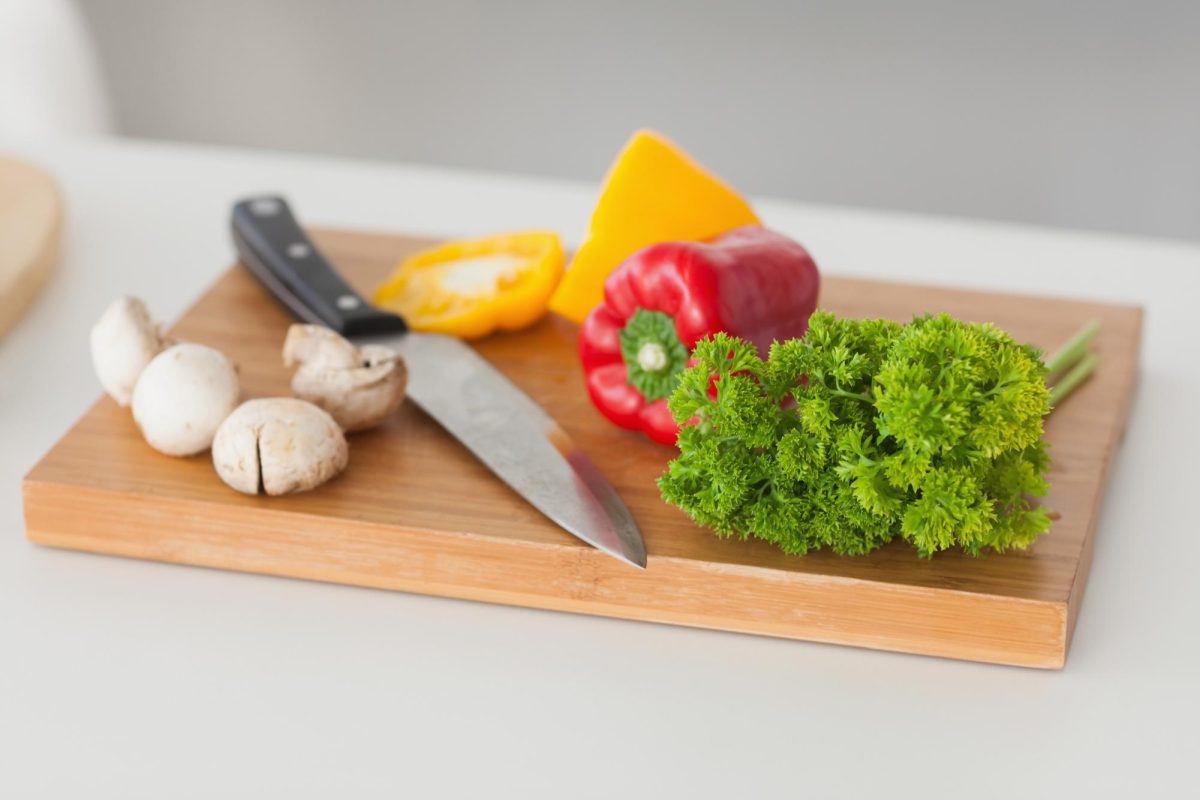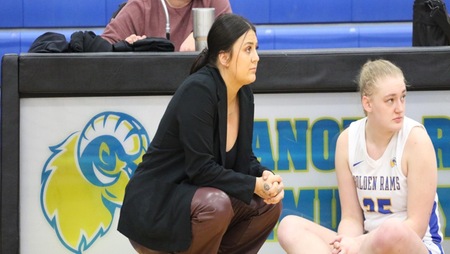It is a common stereotype that college students aren’t able or willing to learn how to cook. The sad thing is this stereotype is true for most people. I still remember how petrified I was when I first moved out and realized that I no longer had anyone providing my meals. I knew I didn’t want to succumb to only eating ramen, fast food, and cereal, but a lack of clarity prevented me from doing anything about it. In “Atomic Habits,” James Clear said, “Most people think they lack motivation when they really lack clarity.” I accepted my diet of Oreo’s and granola bars while waiting for the motivation to make a change. We all are waiting to feel like cooking instead of ever figuring out what’s stopping us and implementing a plan to start. I believe that if we can all clarify why we don’t cook, why we should cook, and how to cook, that we would begin seeing cooking in a more approachable light, which would ultimately help us to act.
I didn’t start cooking until my early twenties, which is extremely unfortunate. It took me so long because I was too embarrassed to admit how afraid I was to try to cook something and fall flat on my face. Instead, I decided to hide my daily habits from myself and complain about how I was becoming increasingly unhealthier and broke. Carl Jung said, “Until you make the unconscious conscious, it will direct your life and you will call it fate.” This is exactly why we need to become aware of our fears of failure and adopt responsibility instead of playing the victim and acting like the consequences we are experiencing are not being caused by our actions. This could be applied to every area of our lives. Alternative titles for this first part could be called “Why We Don’t Move Forward” or “Why We Remain Stuck.” I am specifically highlighting cooking because food is already an integral part of our daily lives and has a tremendous impact on our wellbeing.
If you’re embarrassed to admit that you are afraid of trying something new, whether it be learning the basics of cooking to implementing healthy meal planning, you should find comfort in knowing that you are not alone. As Dayna Evans from the New York Post writes in “Fear and Loathing in Your Home Kitchen,” “It’s not unusual for even the most accomplished chefs to have dishes, or even entire categories of dishes, they’re afraid of cooking.” Let that take some of the pressure off. Even professional chefs fear certain dishes and recipes. You don’t have to be ashamed of feeling afraid. Our response to fear is what we can control. In another New York Post study and article titled “Why Americans are too scared to cook in their own kitchens,” a group of researchers found that “six in ten” people were afraid to cook their favorite international foods because the recipes called for “too many steps or ingredients” (45%), “seem too complicated” (42%), “or are easy to mess up” (32%). “Forty-three percent admitted they make the simplest recipes unnecessarily complicated.”
This study shows not only that fear is universal, but that it is being born out of the way people are overthinking and lacking confidence in this area. Imagine you’re looking at a recipe that has ingredients you’ve never used before, and it tells you to sear a steak. Immediately your imagination is flooded with the image of hot oil splashing up at you, accidentally consuming raw meat when you think it’s cooked, and looking lost while wandering around the grocery store in search of rosemary. In this scenario, you have the following two choices: you can either not try at all and eat ramen noodles or you have the chance of trying something new, succeeding, and eating something better for your health and tastebuds. Not only that, but the feeling of stepping out of your comfort zone can be intoxicating. Failing is essential in helping us learn how anxiety can exaggerate potential negative outcomes and how to recognize that thought process when it happens.
With the knowledge that fear is universal and that failing is worth the risk, we are all left with the choice to either be courageous or let our fear of failure paralyze us. Waiting to not be afraid is not a good plan. We don’t take action to feel less afraid, but to become braver. We are free to walk down that safer path, never failing or succeeding at anything, but we owe it to ourselves to ask if that is what we really want. Do we really want to live with the health problems associated with our current eating habits? Do we not want to be able to cook for our future wives and families when that time comes? Do we really want to eat microwavable burritos and hot pockets everyday instead of delicious homemade meals? I am aware that this language can sound a bit strong for a cooking article, but I truly believe that our daily habits define us and are worth taking a closer look at. At the very least, I would make the argument that we should all live as intentionally as possible. Make sure that what you’re choosing to do every day is what you really want and that it’s good for you.
It is possible that you are not willing to enter the kitchen because you either aren’t convinced that cooking is worth the time and energy, or you simply don’t know where to start. Maybe you’re drowning in bills and aren’t aware of the resources available to you. I will be releasing a second and third part in the upcoming weeks that dives into why everyone should cook and a practical guide on how to cook. In the meantime, take an honest look at your cooking and eating habits this week and decide if you are living intentionally in this area. If not, let’s continue this journey together.







